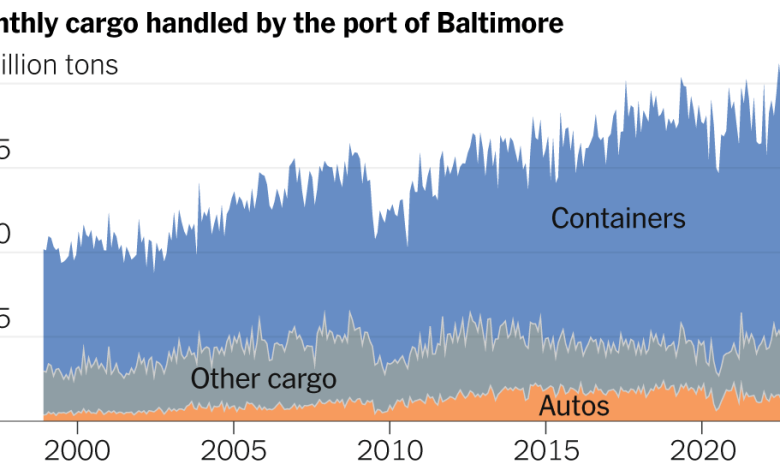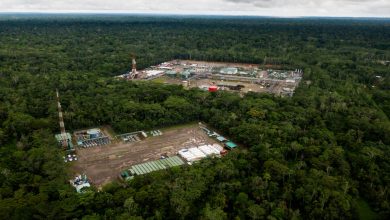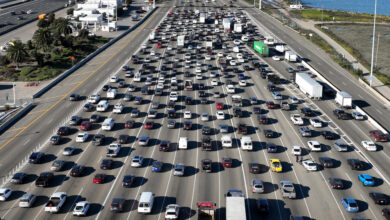‘A Lot of Chaos’: Bridge Collapse Creates Upheaval at Largest U.S. Port for Car Trade

The Baltimore bridge disaster on Tuesday upended operations at one of the nation’s busiest ports, with disruptions likely to be felt for weeks by companies shipping goods in and out of the country — and possibly by consumers as well.
The upheaval will be especially notable for auto makers and coal producers for whom Baltimore has become one of the most vital shipping destinations in the United States.
As officials began to investigate why a nearly 1,000-foot cargo ship ran into the Francis Scott Key Bridge in the middle of the night, companies that transport goods to suppliers and stores scrambled to get trucks to the other East Coast ports receiving goods diverted from Baltimore. Ships sat idle elsewhere, unsure where and when to dock.
“It’s going to cause a lot of chaos,” said Paul Brashier, vice president for drayage and intermodal at ITS Logistics.
The closure of the Port of Baltimore is the latest hit to global supply chains, which have been strained by monthslong crises at the Panama Canal, which has had to slash traffic because of low water levels; and the Suez Canal, which shipping companies are avoiding because of attacks by the Houthis on vessels in the Red Sea.
The auto industry now faces new supply headaches.
Last year, 570,000 vehicles were imported through Baltimore, according to Sina Golara, an assistant professor of supply chain management at Georgia State University. “That’s a huge amount,” he said, equivalent to nearly a quarter of the current inventory of new cars in the United States.




